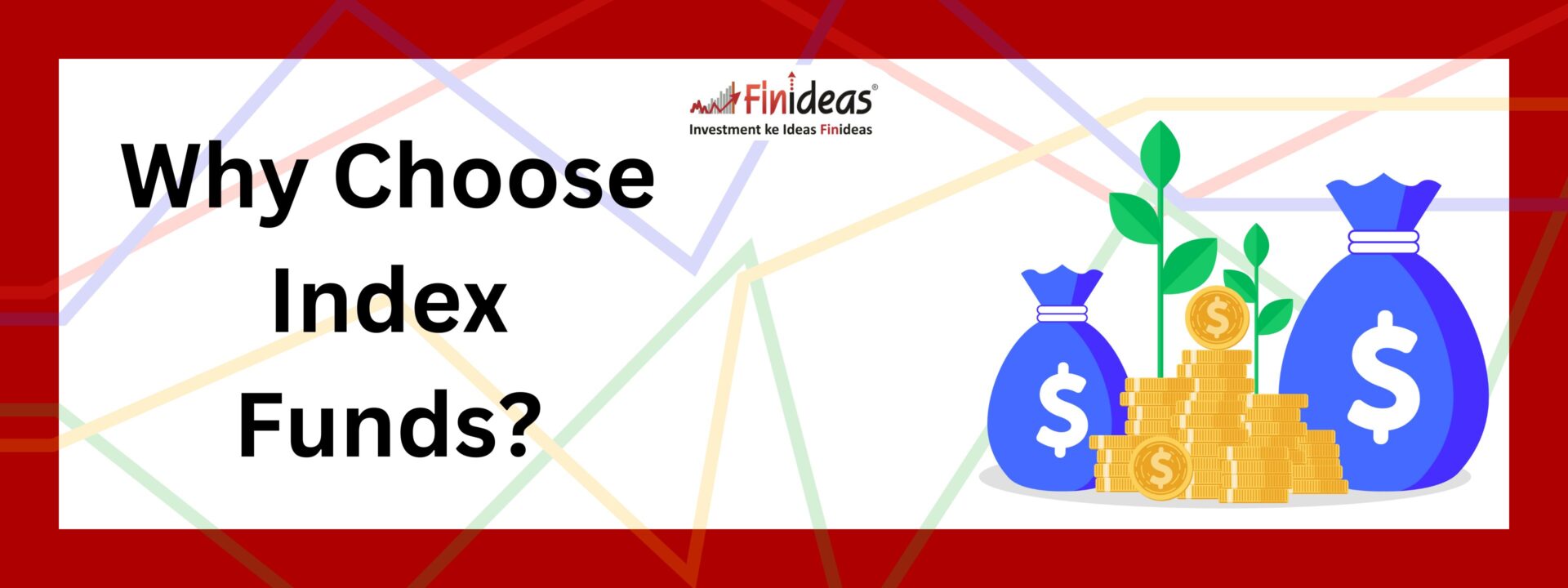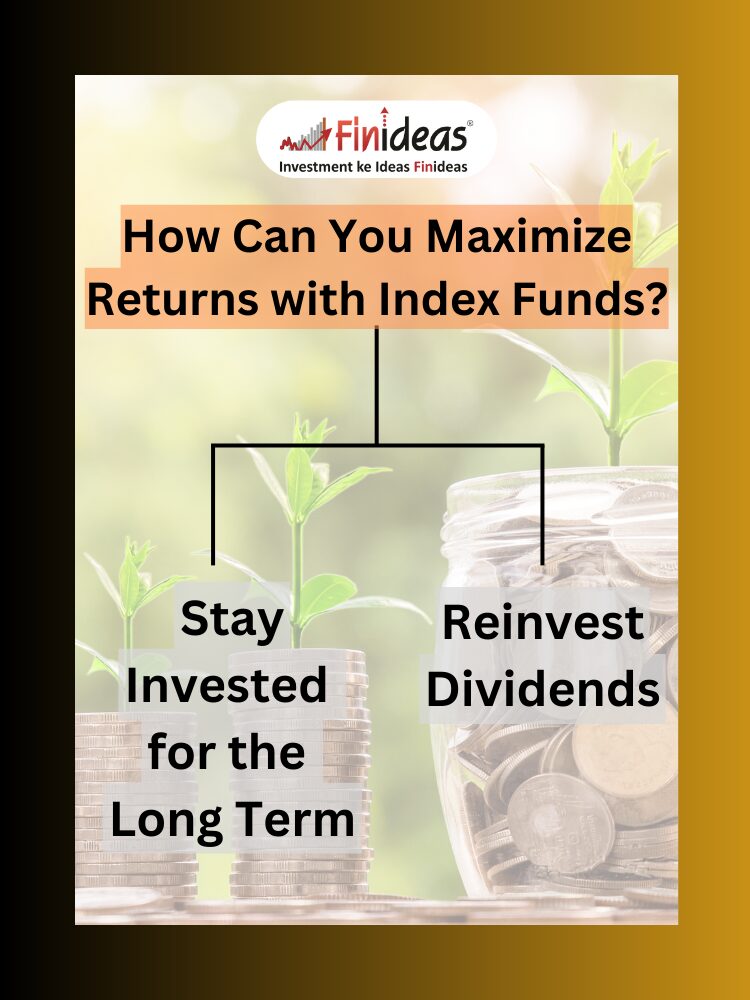Why Choose Index Funds? Benefits and Advantages for Long-Term Investors
Investing in index funds has become increasingly popular among long-term investors in India. But why are so many people turning to this investment strategy? Let’s explore the benefits and advantages of choosing index funds for long-term investment in the Indian market.
What Is an Index Fund and How Does It Work in India?
An index fund in India is a type of mutual fund or exchange-traded fund (ETF) designed to replicate the performance of a specific market index, such as the NIFTY 50 or BSE Sensex. This means that rather than trying to beat the market, index funds aim to match its performance.
Why Should You Consider Investing in Index Funds in India?
Index funds offer several compelling reasons for long-term investors in India:
Low Fees:
Index funds are known for their low expense ratios. For instance, while actively managed funds might charge 1-2% annually, many index funds have expense ratios as low as 0.1%. This can significantly enhance your net returns over time.
Diversification:
By investing in an index fund, you gain exposure to a broad range of stocks within the index. For example, the NIFTY 50 includes 50 of the largest and most liquid Indian companies, providing instant diversification across various sectors.
What Are the Historical Returns of Index Funds in India Compared to Actively Managed Funds?
Historically, index funds in India have outperformed the majority of actively managed funds. For instance, over the past decade, the NIFTY 50 index has returned an average of around 10% per year, while the average actively managed fund has struggled to keep up, returning only about 7-8% annually.
How Do Index Funds Reduce Risk for Long-Term Investors in India?
Index funds are inherently less risky than individual stocks or actively managed funds. Their diversified nature reduces the impact of any single underperforming stock on your overall portfolio. For example, the risk of losing your entire investment is much lower with an index fund that holds a wide array of stocks compared to investing in just one or two companies.
What Are the Tax Benefits of Investing in Index Funds in India?
Index funds are also tax-efficient. Due to their structure, they generate fewer capital gains distributions than actively managed funds. This can be particularly advantageous for long-term investors, as it reduces the tax liability on your investment returns.
How Can You Start Investing in Index Funds in India?
Getting started with index funds is straightforward. You can invest through brokerage accounts, mutual funds, or ETFs. Many platforms offer no-commission trading, making it easier and cheaper to invest. For example, you might choose an ETF like the SBI ETF Nifty 50, which tracks the NIFTY 50 index and has a low expense ratio.
What Are Some Common Misconceptions About Index Funds?
Are Index Funds Too Passive?
Some believe index funds are too passive, but they are designed to mirror market performance, not outperform it. This passive approach has proven to be very effective over the long term.
Do Index Funds Lack Flexibility?
While they don’t offer the flexibility of actively managed funds, index funds provide a simple, efficient way to invest in the market with minimal effort.
How Can You Maximize Returns with Index Funds?
Stay Invested for the Long Term:
The key to maximizing returns is to hold your investments over the long haul. The market’s volatility may lead to short-term losses, but history shows that staying invested in index funds tends to yield strong long-term returns.
Reinvest Dividends:
Reinvesting dividends can significantly boost your returns over time. Many index funds offer automatic reinvestment options, helping your investment grow faster.
Why Should You Consider Investment in Index Funds Today?
With their low fees, diversification, and historical performance, index funds are a smart choice for long-term investors. They offer a straightforward, cost-effective way to build wealth over time. Whether you’re a novice investor or a seasoned pro, incorporating index funds into your portfolio can be a wise decision. So if you are thinking to invest in index fund then Index Long Term Strategy is one of the best option as it provides growth as well as safety.
What has been your experience with index funds, and what factors do you consider most important when choosing an investment in an index fund? Share your thoughts in the comments below!
Happy Investing!
This article is for education purpose only. Kindly consult with your financial advisor before doing any kind of investment..


